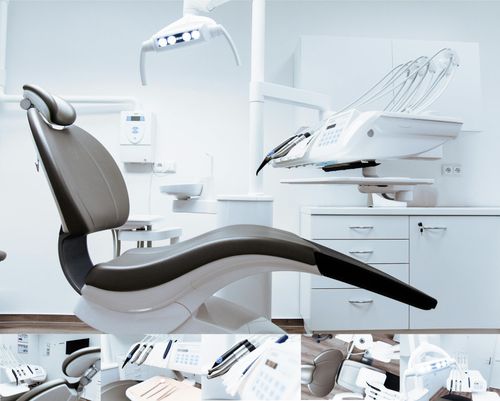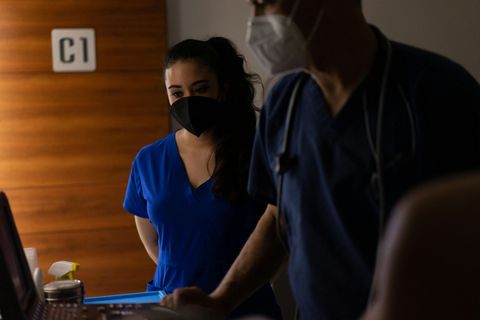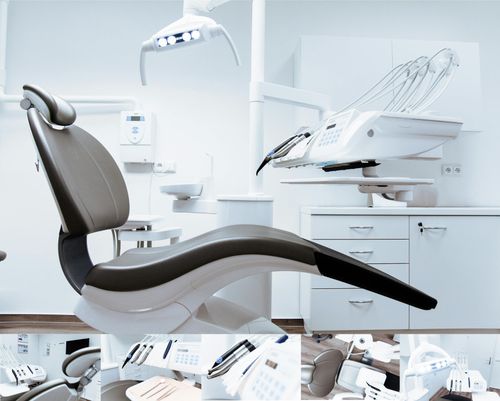
SOLUTIONS
Research Models & Services
01
Source and Isolation:

- Embryonic Stem Cells (ESCs): Derived from early-stage embryos, they are pluripotent, meaning they can differentiate into any cell type.
- Adult Stem Cells: Found in various tissues, they are multipotent, able to differentiate into a limited range of cell types.
- Induced Pluripotent Stem Cells (iPSCs): Adult cells reprogrammed to become pluripotent, offering a less controversial source.
02
Culture and Expansion:
- Stem cells are cultured in a controlled laboratory environment with specific growth factors and nutrients.
- They are expanded in number through cell division to generate a sufficient quantity for research or therapy.

03
Differentiation:

- Stem cells are exposed to specific chemical signals or growth factors to induce them to differentiate into desired cell types.
- For example, to treat Parkinson's disease, stem cells can be differentiated into dopamine-producing neurons.
04
Testing and Quality Control:
- Rigorous testing is conducted to ensure the quality, purity, and safety of the differentiated cells.
- Genetic and functional tests are performed to verify their identity and potential.

05
Clinical Trials:

- Once safety and efficacy are established in preclinical studies, clinical trials are initiated to evaluate the therapy in human patients.
- Phase I trials assess safety, Phase II trials evaluate effectiveness, and Phase III trials confirm efficacy and safety on a larger scale.
06
Therapeutic Application:
- If clinical trials are successful, the stem cell therapy can be approved for widespread use.
- The differentiated cells are transplanted into the patient's affected tissue or organ.
- The transplanted cells integrate into the existing tissue and replace damaged or diseased cells.
